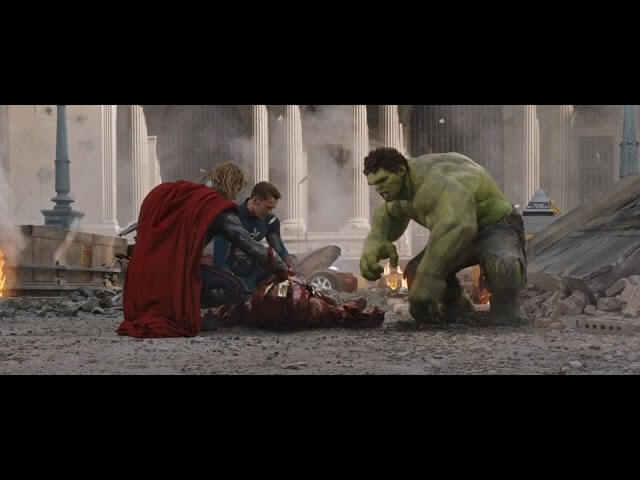Why Marvel movies have such bland, forgettable music

The Star Wars franchise has always been known for its memorable music, even during less-loved prequels. Other notable pop culture characters, like James Bond and Harry Potter, have indelible theme songs as well. Big movies and catchy music go together. John Williams has based his life on that principle. But what about the highest-grossing movie franchise of them all, the Marvel Cinematic Universe, a series encompassing Iron Man, The Avengers, Thor, Captain America, and more? Where’s the catchy music there? Just try whistling something from a recent Marvel movie. Can’t do it? That shouldn’t be surprising. Marvel’s movies are a study in how to use music in ways that are memorably forgettable. The YouTube channel Every Frame A Painting discusses the reasons behind this in an intriguing mini-documentary called “The Marvel Symphonic Universe.”
This is not, to be clear, a hit job on Marvel. Instead, the video suggests that the MCU is the preeminent modern example of how film music has changed over the last 20 years. There are numerous trends at work here, including a consensus in Hollywood that film music is best when it is inconspicuous. Then there is the rise of so-called “temp music,” i.e. music temporarily borrowed from other scores during the editing process. And then there is the practice of using music in similar ways from one movie to the next, based on what has already worked in the past. Movie scores, especially for expensive blockbusters, all sound alike because everyone’s copying from everyone else. The sum total is that the only Marvel-related music anyone seems to remember anymore is this ditty from 1967. And it’s never been used in an actual MCU film.
For those who want to further explore the topic of temporary music tracks, Every Frame A Painting has created a supplementary video about that very topic. Here, different sequences from major movies are presented twice: First with the borrowed temporary music and then with the final music. It’s often difficult to tell the difference. One can see why composers like Danny Elfman are so fiercely against this trend. If a director falls in love with a temp track and starts to edit to it, that gives the composer very few options when it comes time to write a new score, a topic that’s discussed even further in a Twitter account called Sounds Like Temp.